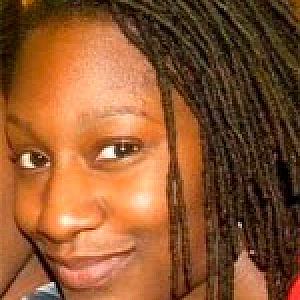
Jazelle Hunt
Washington Correspondent

Washington Correspondent
I joined the staff at the National Newspaper Publishers Association (also known as the Black Press of America) in October 2013, after a few years of freelance work. As an NNPA Washington correspondent, I write about family and social trends, women’s issues, education, and health from a black perspective. The NNPA had a hand in my introduction to health reporting; as a journalism student at Howard University, the NNPA supplied a national platform for a feature on my family’s fight against mixed connective tissue disorder.
On the side, I serve as the “documentarian” for a D.C.-based education and social justice nonprofit, and also pen a fitness column for a local paper in Washington, D.C.
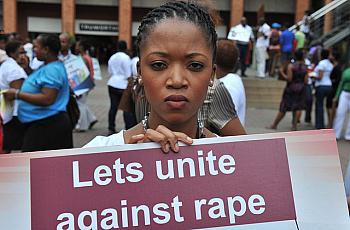
"As a journalist and as a person, there’s something therapeutic about being entrusted with someone’s personal rock bottom, and being a vessel for their story," writes journalist Jazelle Hunt. "There’s something therapeutic and powerful about standing with someone in his or her pain."
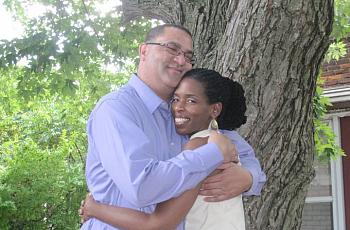
Eight years after journalist Lori Robinson was raped by two men, she published a guidebook for African American survivors of sexual assault and abuse. Since the attack, she has moved on to enjoy a happy, fulfilling life. But on that night 20 years ago, she didn’t know how, or if, she would recover.
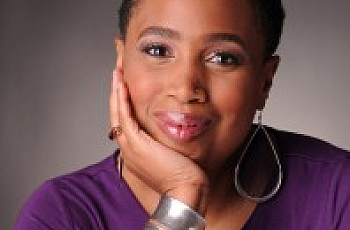
About 80 percent of rapes happen between people of the same race. For black women survivors whose assailants are also black, cultural codes can make it difficult to speak out.
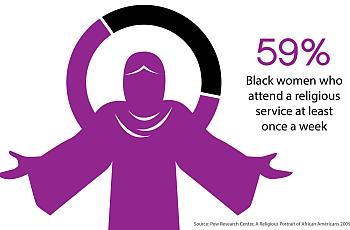
Simone Oliver had always been called, as they say in the religious community. She was active in the Baptist church throughout her youth, playing piano for the youth choir and even ghostwriting sermons for several pastors as a teen.
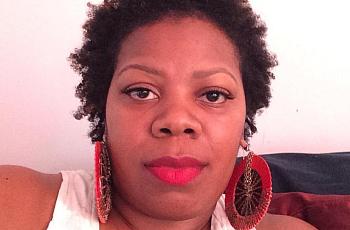
The first time Tiffany Perry learned about her conception, she was too innocent to fully understand the gentle explanation her mother was offering, too young to process it. Since then, Perry has found a lack of services targeting those conceived through sexual assault.
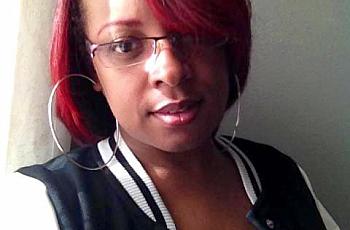
For 20 years, Sharita Lee was numb. She did not cry. She did not love the men she dated. The only emotion she could muster was rage. Then, after reading online reactions to the sexual assault allegations against Bill Cosby, Lee decided to tell her own story.
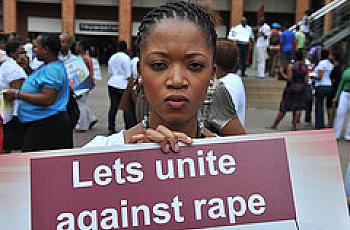
For African Americans, cultural considerations can significantly shape the way survivors and their communities handle rape.